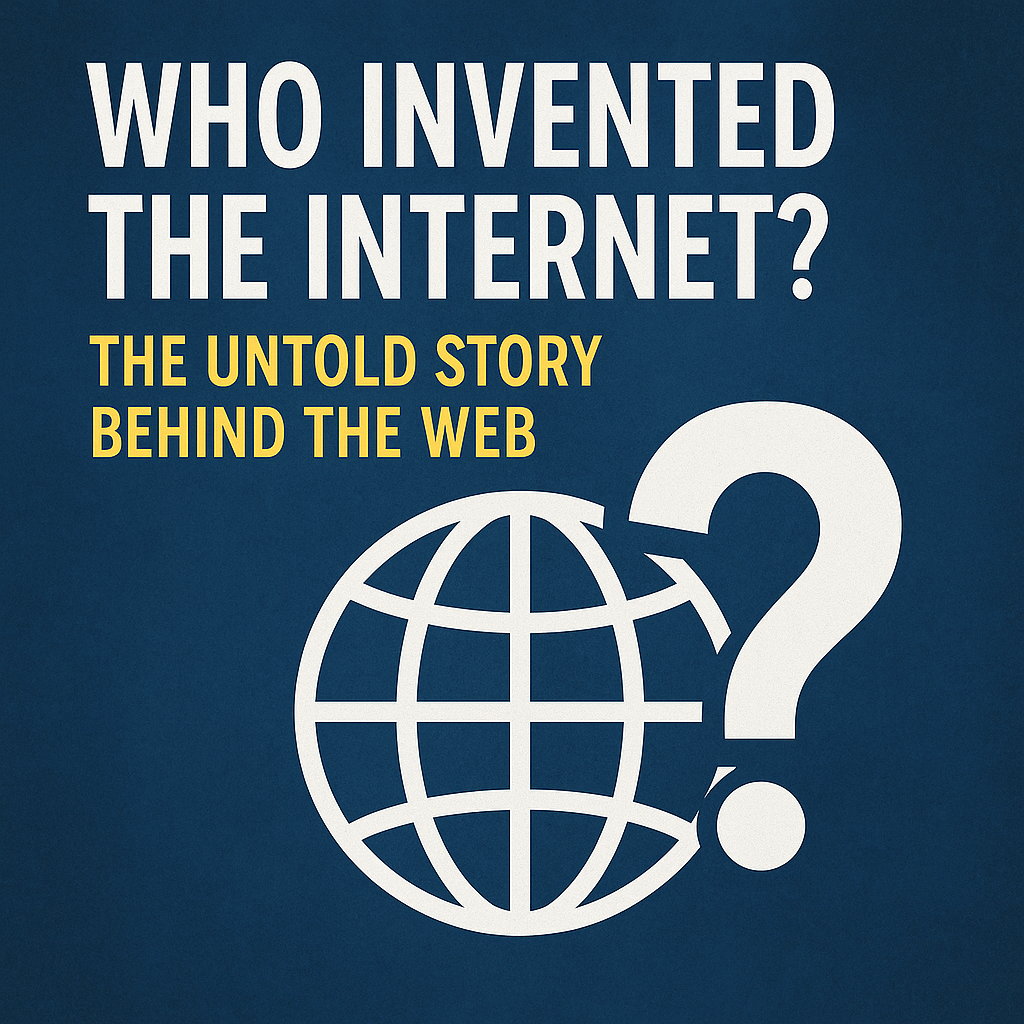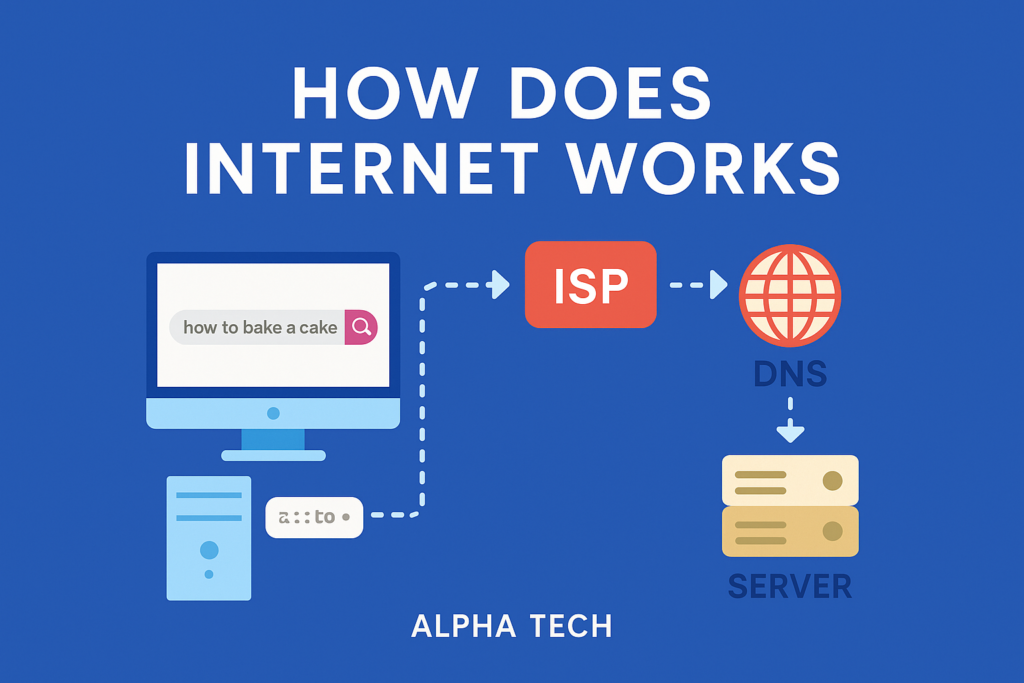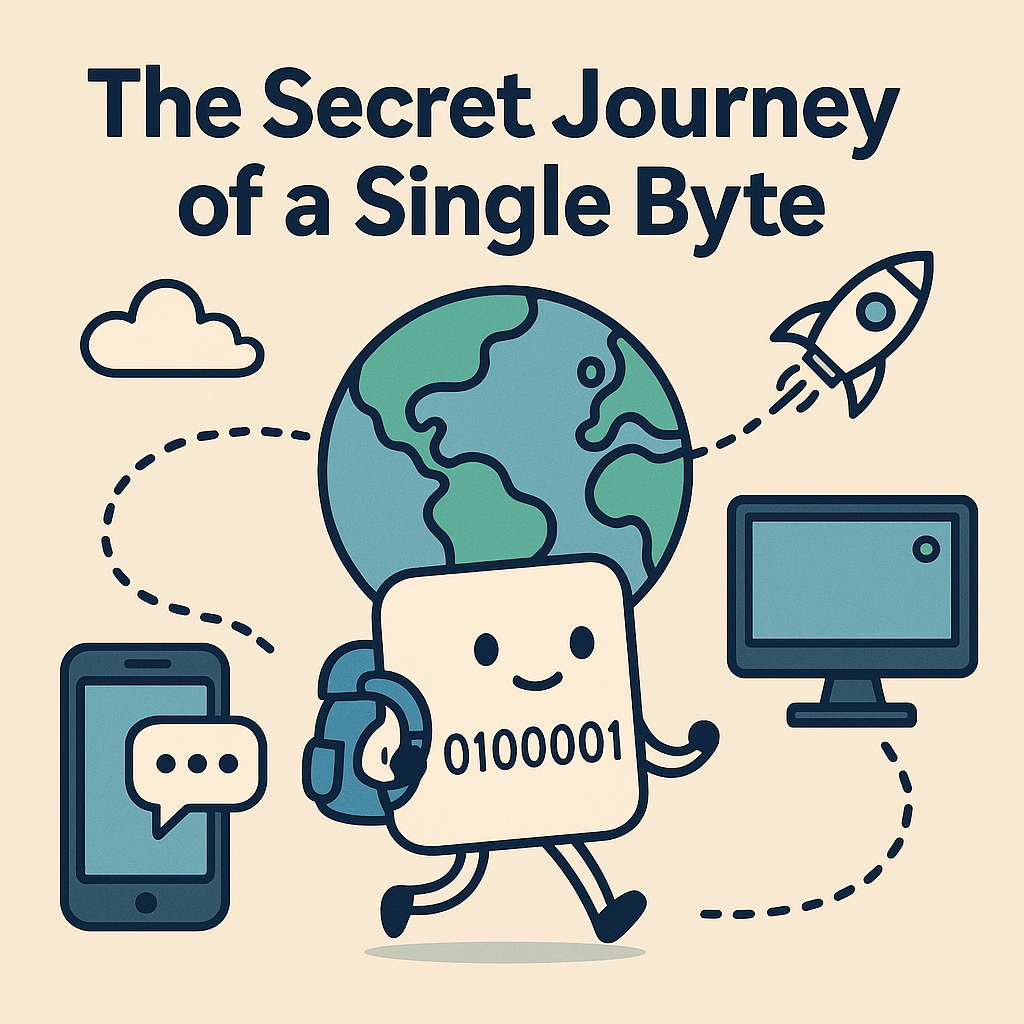Introduction
who invented the internet?

Just pause for a second and imagine life without the internet.
-No Google to answer your midnight questions.
-No Instagram to scroll through cute dog reels.
-No memes to make you laugh during boring lectures.
-No online shopping, no food delivery, and definitely no binge-watching your favorite shows on Netflix.
It sounds like something out of a horror movie, right?
But believe it or not, there was a time when the internet didn’t exist.
So… who actually came up with the idea of the internet?
Was it one person? A team? A government project?
Let’s uncover the untold story behind the web we can’t live without today.
=>
Whether you’re chatting with friends, watching YouTube, or asking Google a random question — you’re using the internet.
It’s become such a natural part of our lives that we don’t even stop to think about how it all began.
But here’s the real question:
=> Who actually invented the internet?
Was it a genius working alone? A secret government mission? Or something else entirely?
In this blog, we’re going to explore the real story behind the creation of the internet — in a simple and interesting way, without boring technical terms. Get ready for some surprising facts and names you probably haven’t heard before!
What is the internet, Really?

Okay, let’s break it down — what exactly is the internet?
In simple words, the internet is a huge network of computers that are all connected to each other across the world. These computers can send and receive information — kind of like a giant digital post office that works 24/7.
It’s what allows your phone to connect to Instagram, your laptop to open YouTube, or your food app to show you nearby restaurants.
Internet vs. World Wide Web – Not the Same Thing!
=>Many people think the internet and the web are the same thing. But nope — they’re different!
- The Internet is the physical network — wires, servers, satellites, data centers, and devices connected to each other.
- The World Wide Web (WWW) is what you see — websites, web pages, links, and content.
So, when you open a browser and go to Google, you’re using the web — but it’s working because of the internet.
Everyday Examples (We Use It All the Time!)
You use the internet more than you realize — here are just a few common things powered by it:
- Sending a WhatsApp message to your bestie
- Watching a movie on YouTube or Netflix
- Ordering your favorite pizza through Zomato or Swiggy
- Uploading your college project to Google Drive
- Attending online classes or meetings on Zoom
All these apps and services work because they’re connected through the internet. Without it, everything would just… stop.
The Real Beginning: ARPANET
So where did it all start? To answer that, we need to travel back to the 1960s — a time of black-and-white TVs, no smartphones, and a world divided by the Cold War.
During this time, the U.S. government wanted a way for computers in different locations to communicate safely and quickly, especially in case of an emergency like war. That’s when a project called ARPANET was born.
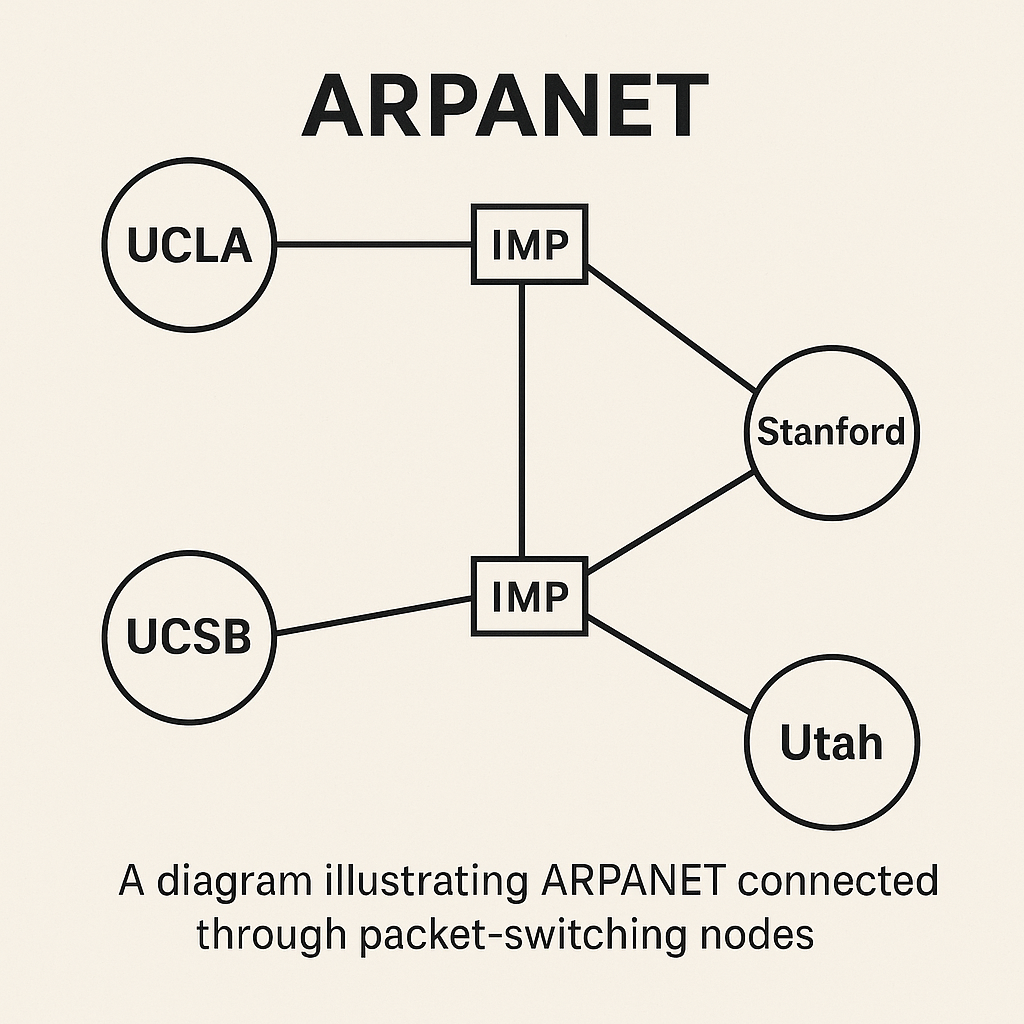
What Was ARPANET?
=> ARPANET stands for Advanced Research Projects Agency Network.
It was created by a U.S. defense agency called ARPA (now DARPA).
The idea?
To connect different university and research computers together so they could share information, even if one part of the system failed.
Think of it like a group chat — instead of calling each person individually, everyone could send messages in the same group at once. ARPANET was the first step toward what we now call the internet.
A New Idea: Packet Switching
=>One of the biggest inventions behind ARPANET was a method called packet switching. Sounds technical? Here’s a simple example:
Imagine you want to send a puzzle to a friend. Instead of sending the whole puzzle in one box, you break it into pieces, put each piece in an envelope, and mail them separately.
Your friend receives all the pieces and puts them together.
That’s how packet switching works. It breaks data into small “packets,” sends them across the network, and reassembles them at the other end. This method made the internet faster and more reliable
ARPANET successfully sent its first message in 1969 — it was supposed to be “LOGIN,” but the system crashed after just the first two letters:
“LO”
Yes, the internet’s first message was basically a typo!
So, who invented the internet?
Key People Who Made the Internet Possible
Spoiler: It wasn’t just one person!
Unlike inventions like the telephone or the light bulb, the internet wasn’t created by one single genius. It was a team effort — built slowly, piece by piece, by brilliant minds from different fields.
Let’s meet some of the real heroes behind the internet:
1. Leonard Kleinrock – The Packet Switching Pioneer
He came up with the idea of packet switching, which we talked about earlier.
Without this idea, data couldn’t be broken into small parts and sent across networks. His research laid the foundation for ARPANET.
2. Vint Cerf & Bob Kahn – The Fathers of the Internet
These two legends created the TCP/IP protocol — the “rules” that make devices communicate on the internet.
They made sure computers around the world could connect and share data, no matter what kind of system they used.
TCP/IP = The language of the internet.
Thanks to them, your phone can talk to Google’s servers in seconds.
3. Tim Berners-Lee – Inventor of the World Wide Web
Now here’s the guy who gave us the Web – the websites, pages, and links we see every day.
In 1989, Tim Berners-Lee created:
- The first website
- The idea of URLs (like www.alphatechdev.com)
- HTML (language to build websites)
- And HTTP, the protocol you see at the start of every web address
So remember:
- Internet = The connection
- Web = The content we browse
Tim invented the second part.
Other Contributors
Many other scientists, engineers, and programmers played a role:
- Donald Davies (independently worked on packet switching)
- Ray Tomlinson (sent the first email in 1971!)
- Marc Andreessen (created the first popular web browser)
So, next time you Google something, remember — it’s not magic. It’s the result of decades of hard work, brilliant ideas, and people who dared to think big.
How the Internet Grew (1970s to 2000s)
Once the basic idea of the internet was working through ARPANET, things started to move fast — and the internet slowly began to grow beyond military and academic use.
Let’s take a look at how we went from a few computers to billions of devices connected today.
1970s: Small Steps, Big Impact
- More universities and research centers joined ARPANET.
- Email was born in 1971 (created by Ray Tomlinson — yep, the guy who used the “@” symbol for the first time!).
- Computers started to “talk” to each other more efficiently using the new TCP/IP protocol (thanks to Vint Cerf and Bob Kahn).
By January 1, 1983, ARPANET officially adopted TCP/IP, and that’s the date many experts consider the true birth of the internet.
1980s: The Rise of Networks
- The internet was still mostly used by scientists and universities.
- More and more independent networks started to connect with each other.
- The first domain name was registered in 1985: symbolics.com
Still, there was no Google, no websites, and no images — just plain text.
1990s: The Web Changes Everything
Then came a game-changer…
In 1989, Tim Berners-Lee created the World Wide Web at CERN.
By 1991, the first website went live — and the internet started becoming public.
- Web browsers like Mosaic and Netscape made it easier for normal people to explore the web.
- Search engines started to appear.
- Yahoo, Amazon, eBay, Hotmail — all were launched during this period.
- And of course… Google was born in 1998!
By the late ’90s, more people were getting internet in their homes through dial-up connections. Remember that beep-boop sound?
2000s: The Internet Becomes Mainstream
The 2000s changed everything:
- Wi-Fi and broadband became common.
- Social media platforms like Facebook, YouTube, and Twitter launched.
- People started streaming videos, chatting online, and even working from home.
The internet was no longer a tool — it became a lifestyle.
Internet Today: How Far We’ve Come
From the days of dial-up connections that made your phone line sound like a spaceship launching to the ultra-fast, fiber-optic broadband we have today, the internet has evolved in ways we never imagined. Today, it’s no longer just something we use for browsing – it’s the backbone of our entire digital lifestyle!
1. From Dial-up to Fiber Optics and 5G
Remember the screeching sound of a dial-up internet connection? It was like waiting forever to load a simple webpage. Fast forward to today, and we have fiber-optic internet, which is super-fast and reliable, allowing us to stream HD videos without buffering or lag.
And don’t even get started on 5G – it’s changing the game for mobile internet, giving us lightning-fast speeds, low latency, and making things like streaming on the go or playing online games without interruptions possible.
2. Smart Homes, IoT, and Cloud Technology
The internet is no longer just a place to search for information. It’s everywhere – even in our homes! Thanks to the Internet of Things (IoT), devices like smart speakers, thermostats, lights, and even fridges are connected to the web, making our lives more efficient and fun.
With cloud technology, we can store photos, documents, and videos safely online without worrying about running out of storage on our phones or laptops. It’s all about convenience and access from anywhere, anytime!
3. How the Internet is Still Evolving
But here’s the exciting part: the internet isn’t done growing. It’s constantly evolving. Think of how social media platforms and online businesses have shaped modern communication.
The way we shop, work, and connect with people worldwide is being completely revolutionized. Virtual reality (VR), augmented reality (AR), artificial intelligence (AI) – all of these technologies are working together to create a more immersive, efficient, and connected internet experience.
Who knows? The next big thing in the digital world could be right around the corner!
Common Misconceptions
The internet is such a huge part of our lives, and with its complex history, it’s easy for myths and misunderstandings to spread. Let’s clear up some of the most common misconceptions about the internet!
1. “Al Gore Invented the Internet?” – Myth-busting Fun Fact
You might’ve heard that former U.S. Vice President Al Gore claimed to have “invented the internet” – but that’s not true! What he actually said was that he “took the initiative in creating the internet.”
While he did play a significant role in promoting the development of technology and funding for the internet in the U.S., he didn’t invent it. The internet was built by a bunch of brilliant minds working together over many years.
2. The Internet vs. the World Wide Web
A lot of people mix up the internet and the World Wide Web (WWW), thinking they’re the same thing. But they’re not! The internet is the global network of interconnected computers that share information.
It’s like the massive highway system that connects cities. The World Wide Web, on the other hand, is a system of websites and pages accessed over the internet using browsers like Chrome or Firefox. So, the web is just a part of the bigger internet!
3. The Internet Isn’t Run by One Single Company
Another common misconception is that the internet is controlled by one single company. In reality, the internet is a decentralized network – meaning no one company or organization has full control over it.
It’s made up of countless servers, networks, and providers that work together to keep things running smoothly. That’s why you can use the internet without having to rely on a single source.
Fun Facts About Internet History
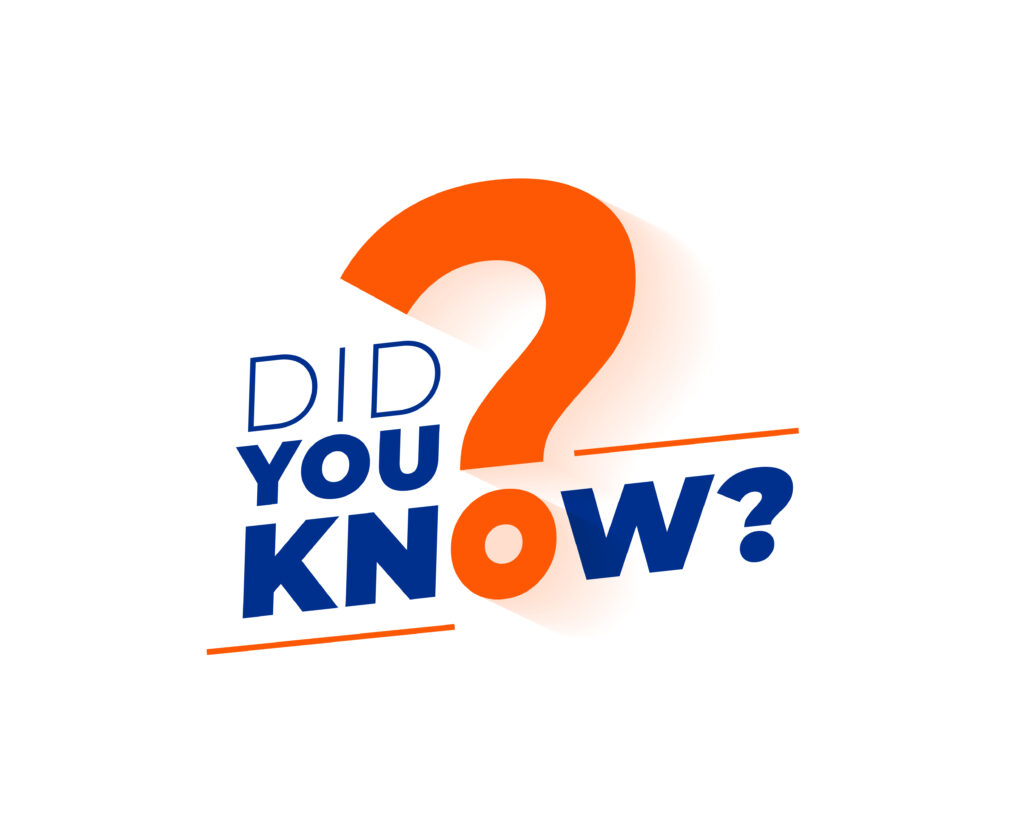
The history of the internet is full of quirky moments and surprising stories. Let’s take a look at some fun facts that you might not know!
1. First Message Ever Sent: “LO”
When the very first message was sent over ARPANET (the precursor to the internet) in 1969, it was supposed to be “LOGIN.” But the system crashed after just two letters were sent, so the first-ever internet message was simply “LO.” Imagine that – the internet’s first communication was cut short before it even finished the word! But hey, it still worked – just not as expected!
2. The First Website Still Exists Today
The very first website ever created was by Tim Berners-Lee, the inventor of the World Wide Web, in 1991.
It was a simple page about the World Wide Web project itself. And guess what? It’s still live today! You can visit it if you want to take a trip down memory lane and see what the very first webpage looked like. It’s a reminder of how far the web has come since those early days.
3. Google Was Almost Called “BackRub”
Today, we all know Google as the go-to search engine, but it wasn’t always called that. When Larry Page and Sergey Brin, the creators of Google, first started the project, they named it “BackRub.”
This name was based on the way the search engine analyzed “backlinks” to rank websites. Luckily, they later changed it to Google, derived from “googol,” a mathematical term for the number 1 followed by 100 zeros, symbolizing the vast amount of information the search engine could process!
Conclusion
Quick Recap
Let’s quickly go over what we learned:
- The internet wasn’t made by just one person – it was a team effort.
- It all started with ARPANET during the Cold War.
- Key inventions like packet switching, TCP/IP, and the World Wide Web made it possible.
- The internet has come a long way – from slow dial-up to high-speed 5G and smart homes.
- And yes, it’s full of fun facts and common myths we just busted!
Keep Exploring
Tech history is full of fascinating stories.
If you found this interesting, why not explore more about how your favorite apps, websites, or gadgets came to be?
Understanding the past helps us better appreciate today’s digital world.
Let’s Talk (Call to Action)
Now it’s your turn.
What do you think the future of the internet looks like?
Will we live in a fully connected smart world? Will the metaverse take over?
Share your thoughts in the comments below – I’d love to hear them!
who invented the internet? who invented the internet? who invented the internet? who invented the internet? who invented the internet?
who invented the internet? who invented the internet? who invented the internet? who invented the internet? who invented the internet?
who invented the internet? who invented the internet? who invented the internet? who invented the internet? who invented the internet?
who invented the internet? who invented the internet? who invented the internet? who invented the internet? who invented the internet?
who invented the internet? who invented the internet? who invented the internet? who invented the internet? who invented the internet?

